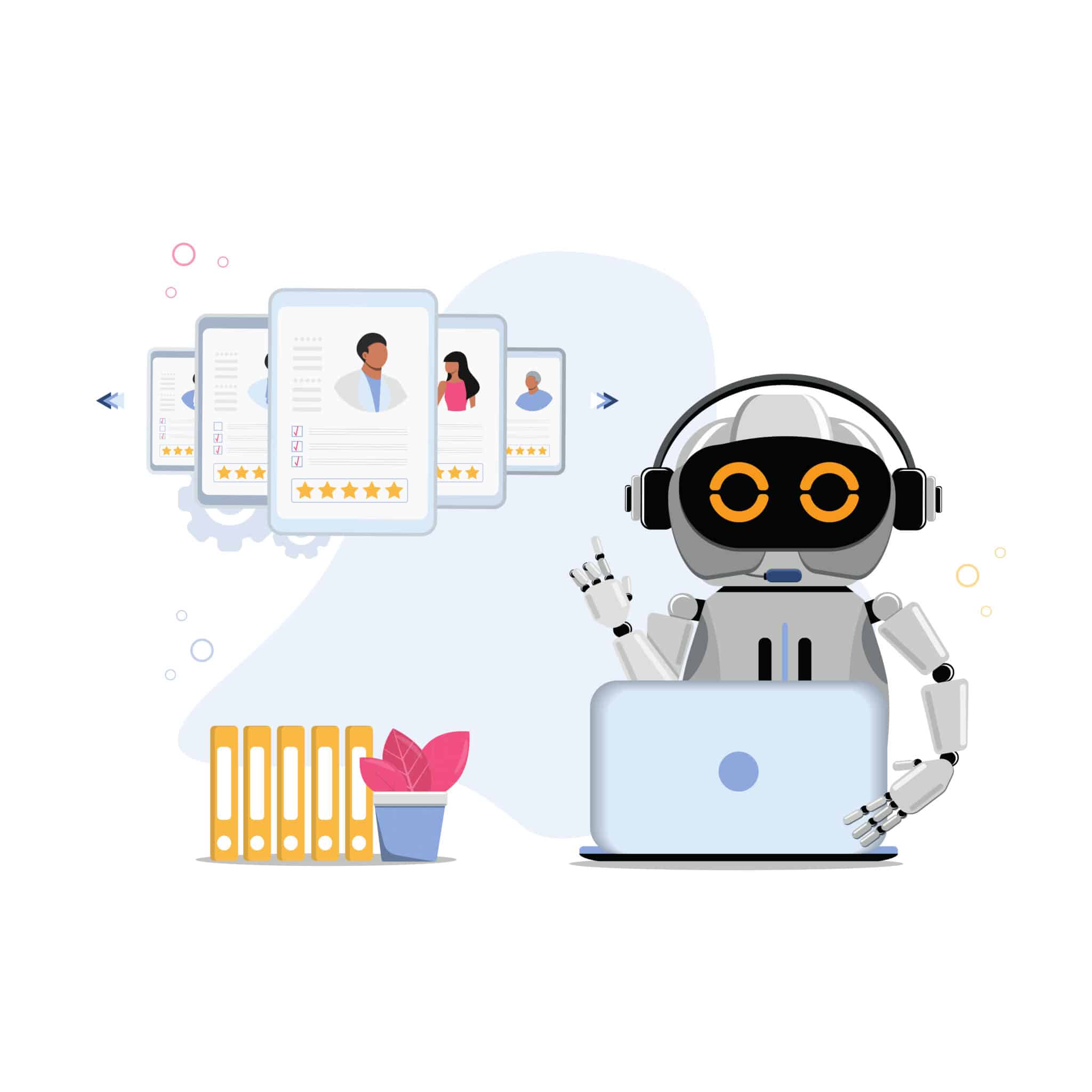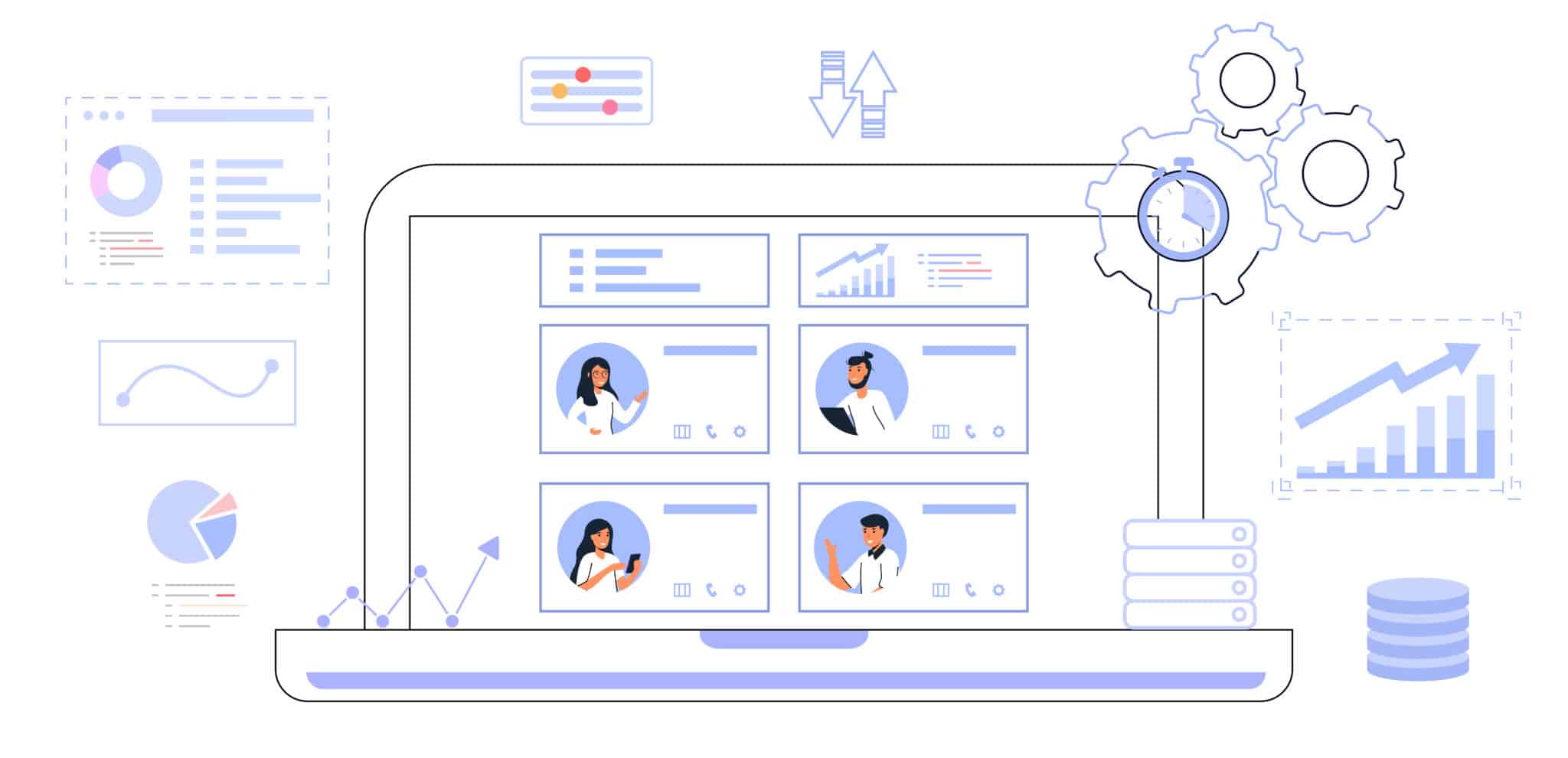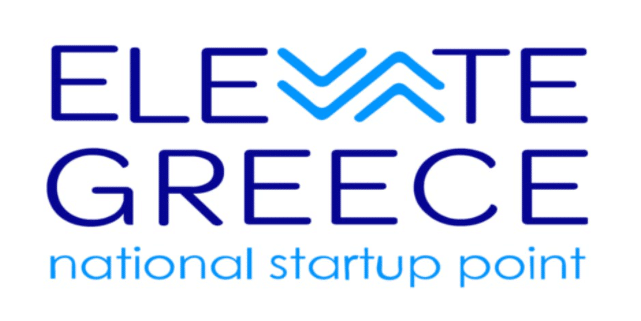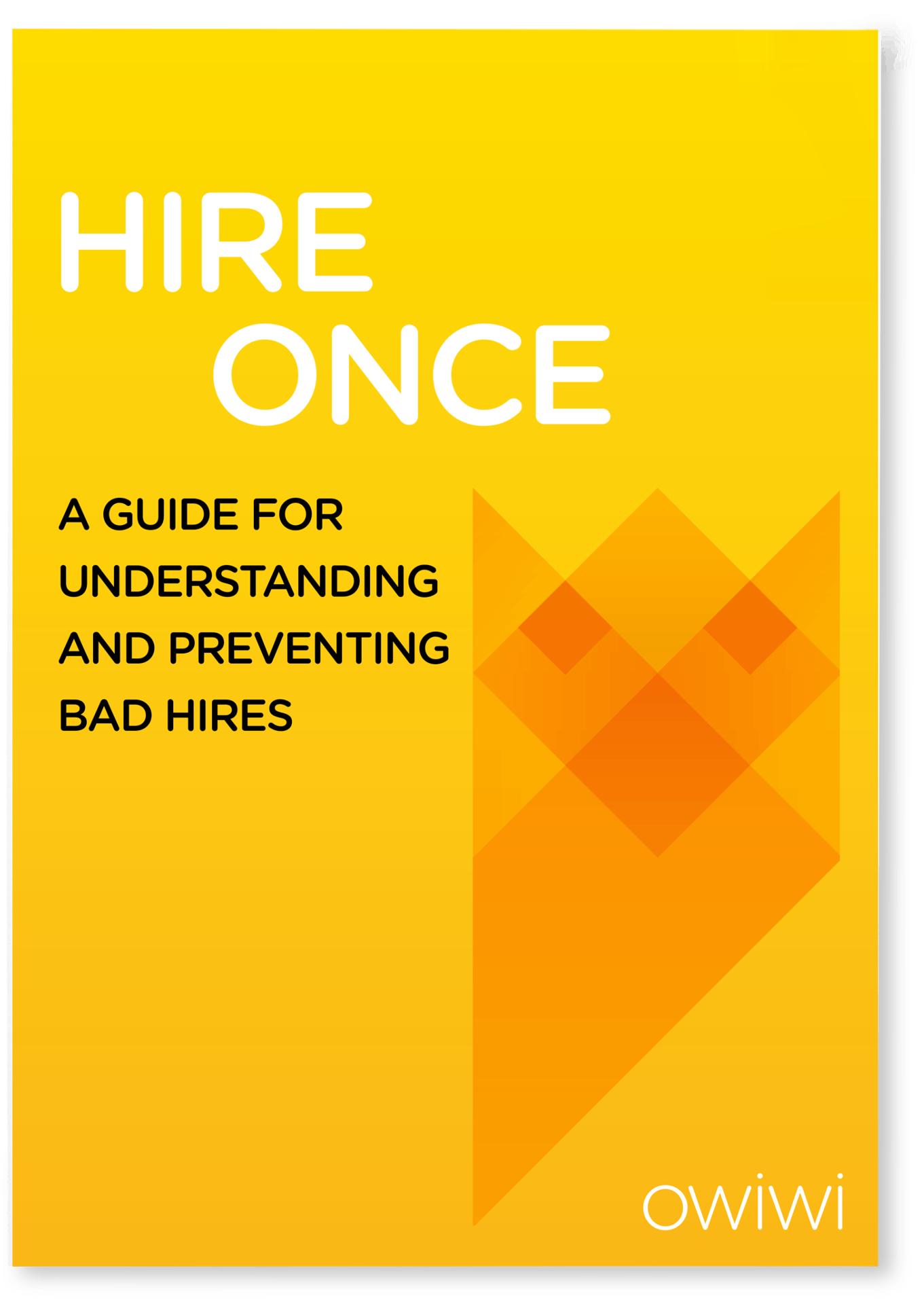Harnessing Technology for Innovative Hiring Strategies
We have all heard the saying “time is money” and that could not be truer when it comes to the hiring process. According to research, the average cost per hire for an entry-level position is over $14,000 and can take up to 42 days to complete. For executive positions, the cost per hire can skyrocket to more than 15 times their salary.
Companies can make smarter and quicker hiring decisions with technology. In this article, we will explore how leveraging tech-powered talent can help organizations automate the hiring process, assess candidates using AI, gain data-driven insights, and ultimately improve recruitment outcomes.
Automating the Hiring Process
Are you looking to hire the best talent for your organization? By automating certain aspects of the hiring process, you can not only make smarter decisions but also save valuable time and resources. Let’s explore how you can streamline your hiring process and build a team that will align with your organizational structure.
Through the use of an Applicant Tracking System (ATS), employers can streamline the recruitment process by automatically collecting and organizing data. ATS helps to make the hiring process more objective by removing biases from the equation, while also allowing employers to better evaluate candidates based on their qualifications.
Additionally, employers can also use employee referrals as a way of automating the hiring process, allowing them to make better decisions by relying on the opinions of trusted colleagues. Employers can make informed, unbiased decisions by automating hiring processes with technology.
Leveraging AI to Assess Candidates

We, as hiring managers, are increasingly turning to AI-assisted assessments to revolutionize the way we evaluate potential employees, providing more accurate and unbiased results. By leveraging these technologies, we can gain insights into a candidate’s potential fit for the organization and implement a more effective and efficient selection process. AI-assisted assessment tools enable smarter hiring decisions with a diverse team by automating reference checks, phone interviews, and candidate assessments.
Taking Advantage of Data-Driven Insights

Data-driven insights are a powerful way to gain invaluable insight into candidates, enabling us to make more informed and nuanced decisions. By leveraging data-driven hiring, we can identify ideal candidates, predict employee retention, and minimize employee turnover. Data-driven insights help us to make more accurate decisions when selecting the best fit for the position, thus improving our employee selection process. Additionally, data-driven insights help us to better understand the needs of our organization and how to best fulfill them, making it easier to create a successful team.
If you are looking to build a winning and streamlined recruitment process, then relying on data-driven insights is simply a must. With mountains of valuable information at your disposal, you can easily spot patterns, identify top talent, and make smarter hiring decisions.
Improving Recruitment Outcomes
By utilizing data-driven insights, you can gain invaluable insight into potential candidates and optimize your recruitment outcomes. With the help of technology, you can make the best decision for your hiring needs. Technology can help you make the final hiring decision with more confidence and make great hiring decisions with greater speed. Technology can help you make the best decisions for your hiring needs, by providing insights into the potential candidates that you may not have access to. This can ultimately help you make better hiring decisions and improve recruitment outcomes.
Data-driven insights can provide valuable information about potential candidates, allowing you to make more informed decisions during the recruitment process. By analyzing data such as resumes, application forms, and candidate assessments, you can identify patterns and trends that may indicate a candidate’s suitability for the role.
Technology plays a crucial role in collecting and analyzing large amounts of data quickly and efficiently. Automated systems can screen resumes, assess candidates’ skills and qualifications, and even conduct video interviews. These technological tools enable you to streamline the recruitment process, saving time and resources.
Technology can offer valuable insights that might be inaccessible otherwise. For instance, you can use AI algorithms to analyze the social media activity and professional profiles of candidates. This data can provide you with a more comprehensive understanding of their competencies, character, and cultural fit within your organization.
Making better-informed hiring decisions is possible by leveraging data-driven insights. Rather than depending solely on intuition or subjective impressions, you can rely on objective data to assess a candidate’s potential. It helps to minimize unconscious biases and ensures a fair and objective evaluation process. By utilizing data for decision-making, you can increase your chances of finding the most suitable candidate for the job and reduce the risk of making the wrong choice based on unreliable factors.
Furthermore, using technology to make hiring decisions can lead to greater speed and efficiency. Traditional recruitment processes can be time-consuming, involving manual review of large volumes of applications. By automating certain tasks, you can accelerate the screening and selection process, allowing you to fill vacant positions more quickly.
Conclusion
We have seen how technology can be used to streamline the hiring process and increase efficiency. Leveraging AI to assess candidates, taking advantage of data-driven insights, and automating the hiring process has enabled us to make smarter, more informed decisions when it comes to selecting the right talent.
The result is a more efficient and effective recruitment process, resulting in an improvement in recruitment outcomes. It’s almost like a picture-perfect puzzle, with each piece fitting together to create a perfect fit. Technology has given us the means to make sure the right pieces are in the right places. To further give you an understanding of how technology plays a vital role in the HR process, we have added a link from our website where we showcase a Case Study of how Owiwi helped A. Hatzopoulos enhance their Employer Brand and Recruitment Experience with Owiwi. The article deep dive into how a company enhances its footprint by doing an overhaul of its HR processes.
Q: What is the importance of leveraging technology for smart hiring decisions?
A: Leveraging technology for smart hiring decisions has become crucial in today’s competitive job market. It helps streamline hiring, identify the most qualified candidates, reduce bias, and make data-driven decisions.
Q: How can technology help in making the right hiring decision?
A: Technology can aid in making the right hiring decision by providing tools for creating accurate job descriptions, automating applicant tracking, conducting online assessments, and analyzing candidate data.
Q: What is the significance of conducting interviews in the hiring process?
A: Interviews play a vital role in the hiring process as they allow employers to assess a candidate’s skills, experience, and cultural fit. They provide an opportunity to ask specific interview questions and get a deeper understanding of the candidate’s qualifications.
Q: How can bias be minimized during the hiring process?
A: Bias can be minimized during the hiring process by using objective hiring methods, such as structured interviews, blind resume screening, and diverse interview panels. Additionally, technology can help eliminate unconscious bias by focusing on data-driven decision-making.
Q: What qualities should an ideal candidate possess?
A: An ideal candidate should possess the necessary skills, experience, and qualifications required for the job. They should also align with the company culture, have good communication and teamwork skills, and demonstrate a strong work ethic.
Q: How can employers make the right hiring decision?
A: Employers can make the right hiring decision by carefully evaluating the qualifications and fit of each candidate, considering their strengths and weaknesses, conducting thorough interviews and assessments, and seeking input from other team members.
Q: What role does a resume play in the hiring process?
A: A resume provides a snapshot of a candidate’s qualifications, work experience, and skills. It helps employers screen and shortlist potential candidates based on their relevant experience and education.
Q: What are some effective interview questions to ask?
A: Effective interview questions may vary depending on the job role, but some common ones include questions about the candidate’s work experience, problem-solving abilities, teamwork skills, and approach to handling challenging situations.
Q: How can employers make the final hiring decision?
A: Employers can make the final hiring decision by carefully evaluating all aspects of the hiring process, including resumes, interviews, assessments, references, and overall fit with the job requirements and company culture.
Q: What are some tips to make better hiring decisions?
A: Some tips to make better hiring decisions include having a clear job description, conducting thorough interviews and assessments, involving multiple team members in the decision-making process, considering both hard and soft skills, and using objective hiring methods.












